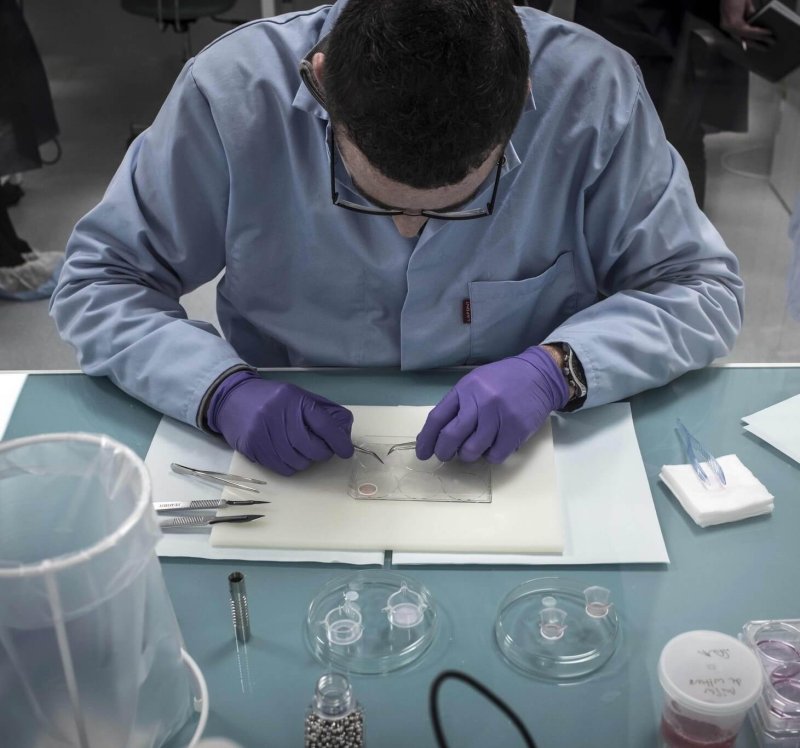The general principle [of replicating studies] is that if the results repeat, then the original results were correct and reliable. If they don’t, then the first study must be flawed, or its findings false.
…
As researchers reproduce more experiments, they’re learning that they can’t always get clear answers about the reliability of the original results.
Take the latest findings from the large-scale Reproducibility Project: Cancer Biology. Here, researchers focused on reproducing experiments from the highest-impact papers about cancer biology published from 2010 to 2012…[N]ot one of their replications definitively confirmed the original results.
…
Replicating a study…[is] like trying to play a complicated board game without all the instructions or even all the parts.
…
Sometimes, things as small as the temperature of the lab could cause a cell biology experiment to flop, said [Tim Errington, who led the cancer reproducibility project].
…
“[Replication projects are] shining a light on the way we conduct research,” Errington said…But, he added, “If we make ourselves more open and transparent from the beginning, before our work is even published in a paper, that’ll probably help a lot.”
[The replication studies can be found here.]The GLP aggregated and excerpted this blog/article to reflect the diversity of news, opinion, and analysis. Read full, original post: Cancer scientists are having trouble replicating groundbreaking research































